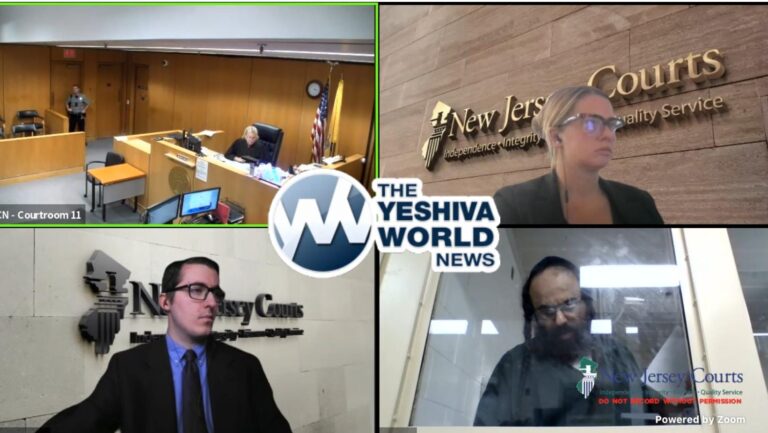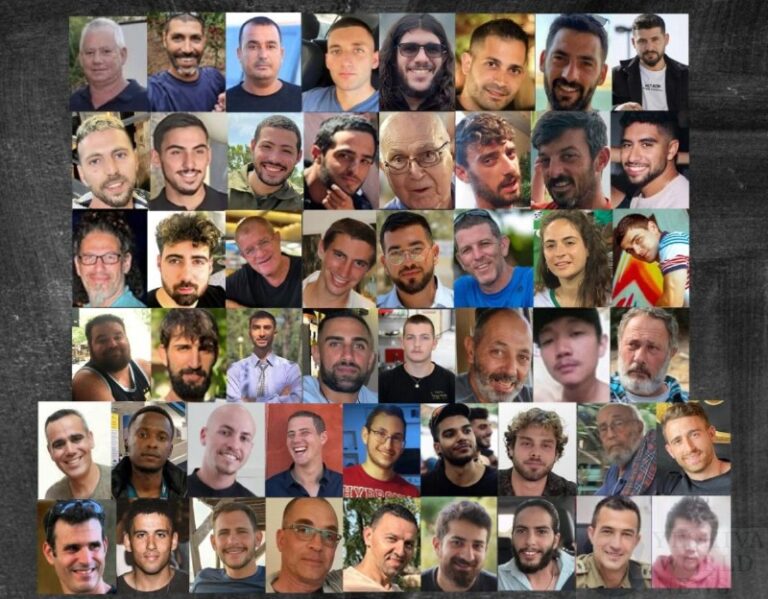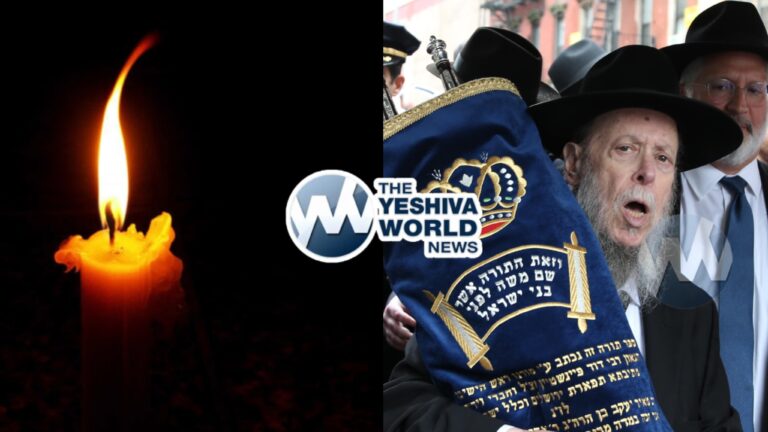 The Supreme Court has cleared the way for same-gender marriage in California by holding that defenders of California’s same-gender marriage ban did not have the right to appeal lower court rulings striking down the ban.
The Supreme Court has cleared the way for same-gender marriage in California by holding that defenders of California’s same-gender marriage ban did not have the right to appeal lower court rulings striking down the ban.
The court’s 5-4 vote Wednesday leaves in place the initial trial court declaration that the ban is unconstitutional. California officials probably will rely on that ruling to allow the resumption of same-gender unions in about a month’s time.
The high court itself said nothing about the validity of same-gender marriage bans in California and roughly three dozen other states.
The outcome was not along ideological lines.
Chief Justice John Roberts wrote the majority opinion, joined by Justices Ruth Bader Ginsburg, Stephen Breyer, Elena Kagan and Antonin Scalia.
“We have no authority to decide this case on the merits, and neither did the 9th Circuit,” Roberts said, referring to the federal appeals court that also struck down Proposition 8.
Four justices, Anthony Kennedy, Samuel Alito, Clarence Thomas and Sonia Sotomayor, said the court should have decided the constitutional question that was before it.
(AP)











6 Responses
What they held on the California case, is that no one had standing to defend the California law banning gay marriage – unless of course the people of California choose to elect a new Attorney-General who will choose to follow the state law banning gay marriage. More importantly, they did NOT rule as to whether Federal law protects gay marriage. Such a ruling will wait for a case where the state government opposed gay marriage, and a plaintiff brings the case challenging the law. Until then, it is unknown what Federal law is on the matter of whether states must recognize gay marriage.
They endorsed Gay “Marriage” period.
Sure, they said the court was wrong to get involved, but they let the court’s ruling stand and did not defend the right of the citizens to determine their moral position on this issue.
My verdict on the court?–Despicable cowards!
Reply to No. 2
Obviously you don’t think “in-depth”. Read the decision. They ruled that the citizens’ elected reps are the ones who decide whether to appeal the case and here, they chose not do. End of story. Stop trying to impose your morality and hashkafah on others. The state court is not telling anyone to marry, whether in a mixed gender or same sex union. Its only saying that under the California constitution, there was no rational basis for distinguishing whether gay couples should be allowed to enjoy the same tax and other legal benefits.
#2 and #3 — I believe its more that this isn’t a good case to decide whether the 14th amendment protects gay rights since the issue in the case was how California understands its own constitutional law and there are good reasons to let California deal with its own state laws. Any ruling would have had little precedential value since the elected leaders of California weren’t defending the state ban on gay marriage — The important case will arise from a “red” state whose law do not recognize “gay rights”, with the state vigorously defending its laws.
I think you “can’t see the forest because of the trees.”
This is the same deal as the Obamacare decision. The Court wanted to approve Obamacare, so they constructed a fake rationale to use as a fig leaf to cover their true intentions.
Read the minority dissenting opinions of Judges Alito and Scalia and you will see that it’s all a coverup to justify ignoring the will of the people of California who voted overwhelmingly to stop Gay marriage.
#5 – The people in California overwhelmingly elected state officials who refuse to defend the law, and elected judges who overwhelmingly ruled against the law. If the people in California are upset, which they apparently aren’t, they’ll “throw the rascals out” and the new leaders are free to enforce the California law prohibiting same-sex marriage, which will lead to a suit that would be ripe for the Federal court to adjudicate.
The Federal Supreme Court avoids cases where the issued is muddled (cf. the De Funis case, where they avoid using a Jewish plaintiff to restrict affirmative action – they wanted a well to do Christian from western or northern Europe).